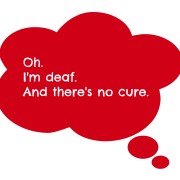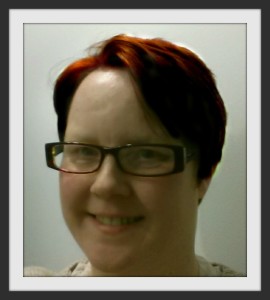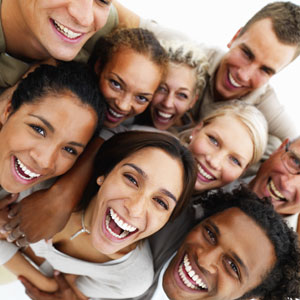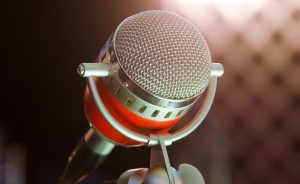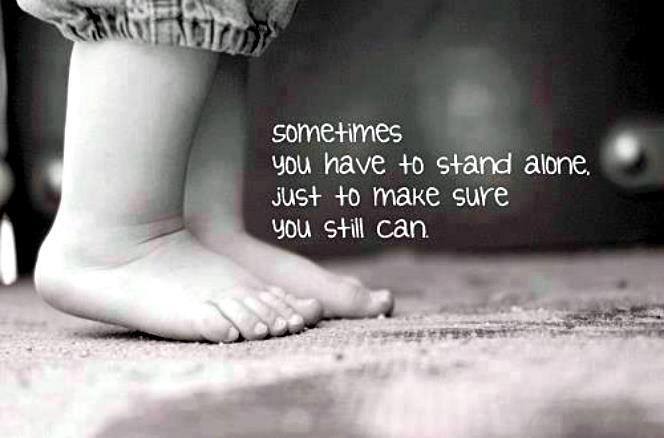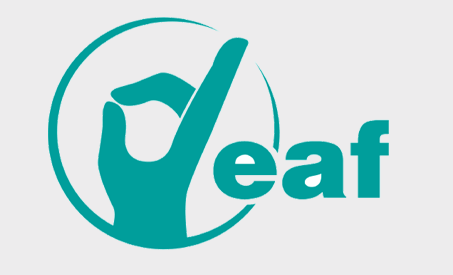Deafness at work
Working well in the hearing world
My initiation into hearing loss was sudden and completely unexpected. In October 2005 I had to head home early from a girls’ night out after feeling exceptionally dizzy and rather sick. Blaming it on the wine and feeling a bit of a lightweight I crawled into bed, expecting to feel better – if somewhat hungover – in the morning.
When I woke up I sat up and promptly fell back down again. I realised, too, that I couldn’t hear much. I kept trying to sit up, but my body had a strong inclination to remain flat. So, that’s how I stayed for the day, deciding this was either an extreme version of flu or one hell of a hangover.
No return
But it wasn’t either. Three GP visits and one demand to see an ENT consultant later, I was diagnosed with sudden sensorineural hearing loss in my right ear. In a nutshell the auditory nerve had stopped working. They couldn’t tell me why it had happened, but what they could tell me was that it was permanent.
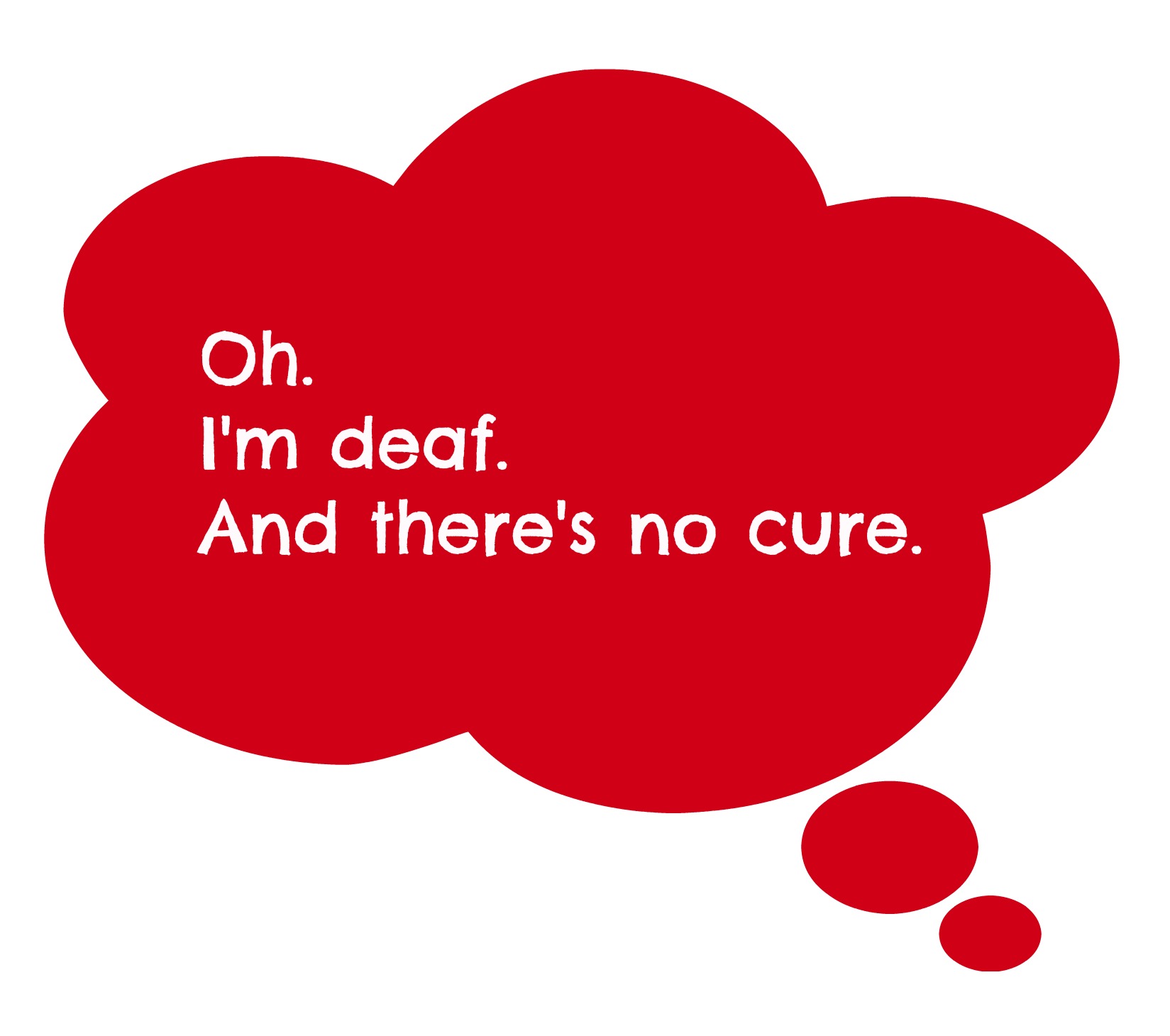
Cue swearing and shouting (usually at my poor, bewildered husband who was trying to cope with this too). And tears of loss, anger and frustration.
But mainly I sat in shock. It had all happened so quickly. I’d gone from having supersonic hearing (so I’d been told) to being, well, defective. I didn’t like it.
And then the worries started…
Would I wake up one morning and find I couldn’t hear at all?
How was I going to hear the phone, the doorbell, my alarm clock?
Would friends start treating me differently?
And how on earth would I cope at work?
I work in communications, and that means meetings, teleconferences, phone calls and networking. All things that had suddenly become significantly more challenging.
Deaf at work
Since losing my hearing I have been promoted, led a team of 12, been made redundant (twice), worked for myself, met many lovely people, worked with some complete idiots, and learnt a few important lessons.
The first one of these is that I could not have coped at work over the last 10 years and one month (not that I’m counting…) without the advice and support of people who were on the same journey. And I‘m hoping that my experiences of being deaf at work can help others who are on the same path.
So, over the coming months I’m going to be exploring the challenges – and opportunities – that arise from being deaf at work. And I’d love to hear your experiences, whether good or bad.
Let’s see if we can help each other not just to cope with deafness at work, but to flourish!
Lisa Caldwell works freelance as an accredited Phonak Roger Pen trainer with Credo Communications.
You can catch up with her at credocommunications@gmail.com

